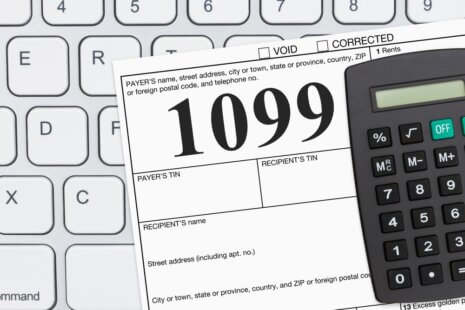The choice between being paid monthly or biweekly depends on your personal financial preferences, budgeting needs, and employer policies. Both monthly and biweekly pay frequencies have their advantages and disadvantages, and what’s considered “better” can vary from person to person.
Here are some considerations for each:
Monthly Pay:
Advantages:
- Consistency: Monthly pay provides a consistent and predictable income schedule, making it easier to plan monthly expenses and budgeting.
- Fewer Paychecks: Monthly pay means you receive one paycheck each month, which can simplify financial record-keeping and reduce administrative tasks for both employees and employers.
- Aligns with Monthly Bills: Many regular bills, such as mortgage or rent payments, utilities, and insurance premiums, are due on a monthly basis. Monthly pay can align well with these monthly obligations.
- Savings Opportunities: With a larger lump sum each month, you may find it easier to allocate a portion of your income for savings and investment.
Disadvantages:
- Longer Gap Between Paychecks: Monthly pay means you receive your income once a month, which can lead to cash flow challenges, especially if you have irregular expenses or rely on a biweekly budgeting rhythm.
- Budgeting Discipline: Managing expenses for an entire month requires strong budgeting discipline to ensure that you don’t overspend early in the month and run short of funds later.
Biweekly Pay:
Advantages:
- More Frequent Access to Funds: With biweekly pay, you receive your paycheck every two weeks, providing more frequent access to your income.
- Easier Budgeting for Some: Biweekly pay can make budgeting simpler for individuals who prefer to manage their finances in smaller, more frequent increments.
- Cash Flow: Biweekly pay can help individuals who rely on immediate cash flow to cover regular expenses, especially if they have irregular income or expenses.
- Debt Management: For those with debts that require regular payments, such as biweekly loan installments, biweekly pay can align with these obligations.
Disadvantages:
- More Frequent Paychecks: Biweekly pay means you receive 26 paychecks per year (or 27 in some cases), which can result in slightly smaller individual paychecks compared to monthly paychecks.
- Budgeting Frequency: Biweekly pay requires more frequent budgeting and financial management, which can be challenging for some people.
- Administrative Burden: Employers may find biweekly payroll processing more administratively burdensome than monthly processing.
The “better” pay frequency depends on your financial habits, obligations, and personal preferences. Consider factors such as your monthly expenses, savings goals, budgeting style, and ability to manage cash flow between paydays when determining which pay frequency suits your needs best. If your employer offers options for pay frequency, you may also have the flexibility to choose the one that aligns most comfortably with your financial situation.




